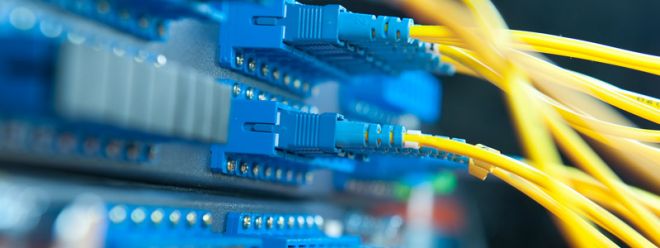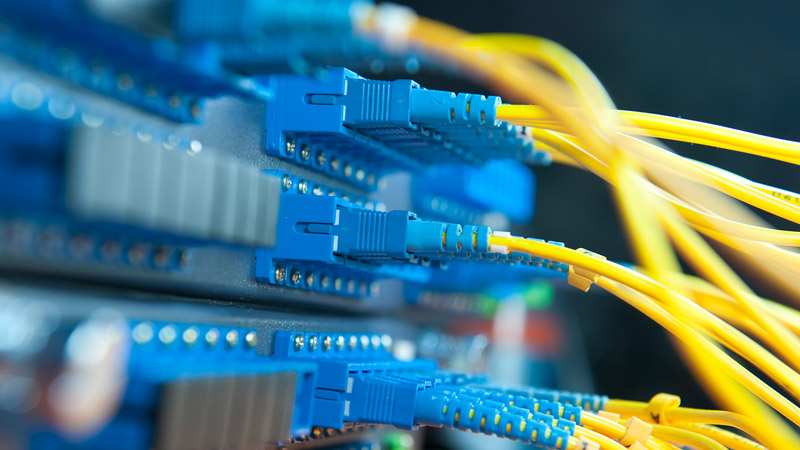How to Choose the Right Data Cabling for Your Business

How to Choose the Right Data Cabling for Your Business

Are you building a new office? Is your current office expanding? If so, you need to install a data cable. This is the process of connecting the office with the necessary cables for computer networking. Here are a few things to consider when choosing the right data cabling for your business. In this article, we'll discuss some of the most important factors to keep in mind when making a decision.
What is data cabling and why does your business need it?
Data cabling refers to the process of installing cables to network computers in your office. This is necessary if you want computers to be able to communicate with each other and share data. It's also important for businesses that rely on VoIP (Voice over Internet Protocol) phone systems, which require strong and reliable network connections.
There are two main types of data cabling: twisted pair and fiber optic. Twisted pair is the most common type of data wiring and consists of two insulated wires twisted around each other. Fiber optic cables use thin strands of glass or plastic to transmit optical signals instead of electrical signals. This type of data cabling is more expensive than twisted pair, but it is also faster and more reliable.
If you're not sure which type of data cabling is right for your business, we recommend talking to a professional who can assess your needs and make recommendations.
How to determine the correct type of data wiring for your needs?
When choosing the right cable type for your office, you will also need to decide on the length of the cable run. The length of the cable run is important as it will determine how much signal loss you will experience. A general rule of thumb is that the longer the cable runs, the greater the signal loss. Therefore, it is important to choose the shortest possible cable runs.
What are the benefits of using data cabling in your business environment?
There are many benefits to using data cabling in the office, including:
- Improve network performance : Data cabling can help improve network performance by reducing signal loss and providing more reliable connections.
- Faster data transfer speeds : Data cabling can provide faster data transfer speeds than wireless networks, ideal for businesses that need to move large amounts of data quickly.
- Increased security : Data cabling can help increase the security of a network by deterring hackers and preventing eavesdropping.
- Reduced Interference : Data cabling can reduce interference from other electronic devices, which is important for businesses that rely on VoIP phone systems.
These are just some of the many benefits that data cabling can bring to your business. If you're considering wiring your office, be sure to consult a professional who can help you choose the right type of wiring for your needs.